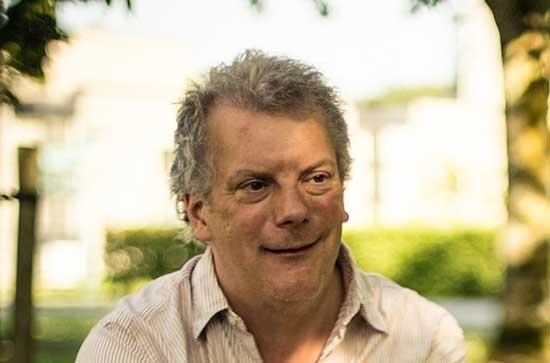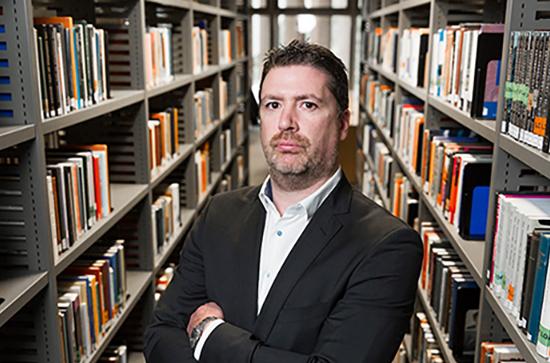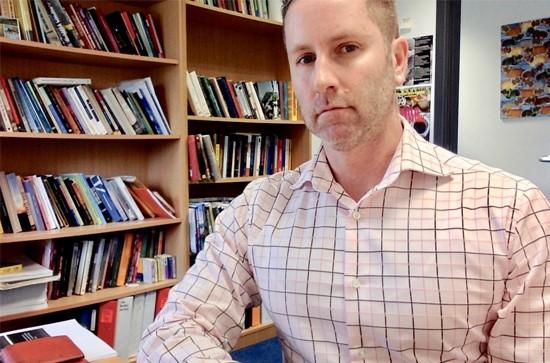Qualification : MASTER OF ARTS DEGREE
Award Type and NFQ level : TAUGHT MASTERS (9)
CAO/PAC code : MHC60
CAO Points :
Closing Date : 30 August 2025
The MA in Anthropology is an advanced degree in socio-cultural anthropology in which students are given a comprehensive introduction to the theoretical underpinnings of the discipline, a block of modules that open up and explore the conceptual and methodological core of the discipline, and a series of specialised modules that show the range of socio-cultural anthropology today. The Department has particular strengths in the overlap between medical anthropology, security studies, digital transformations of society and global development, all of which are represented in our selection of specialised modules. Students are required to take 60-ECTS in classes and write a Masters thesis (30-ECTS). The MA in Anthropology is primarily a degree that aims to equip students for professional careers that are enhanced by academic social-scientific knowledge or the particular skills of trained ethnographic researchers.
Commences
September
A degree 2.2 or higher in anthropology or cognate discipline (NFQ Level 8 or equivalent honours degree), or a recognised international equivalent.
Applicants must have a recognised primary degree which is considered equivalent to Irish university primary degree level.
Minimum English language requirements:
Applicants for whom English is not their first language are required to demonstrate their proficiency in English in order to benefit fully from their course of study. For information about English language tests accepted and required scores, please see here. The requirements specified are applicable for both EU and International applicants.
Maynooth University's TOEFL code is 8850

Academic
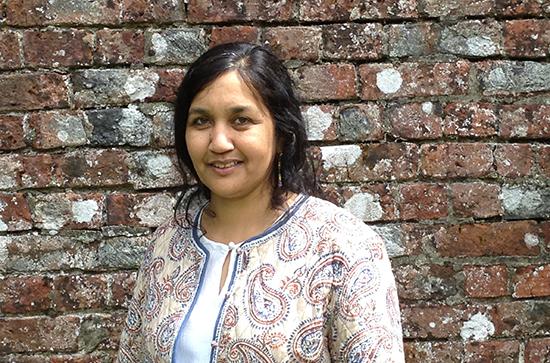
Academic
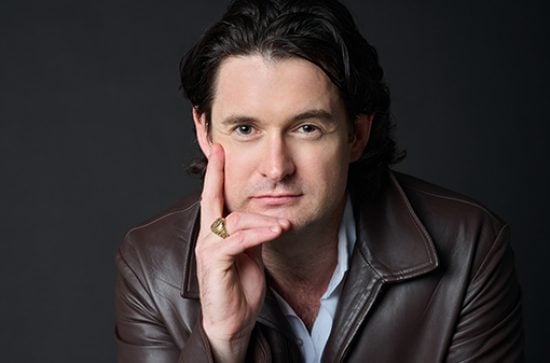
Academic
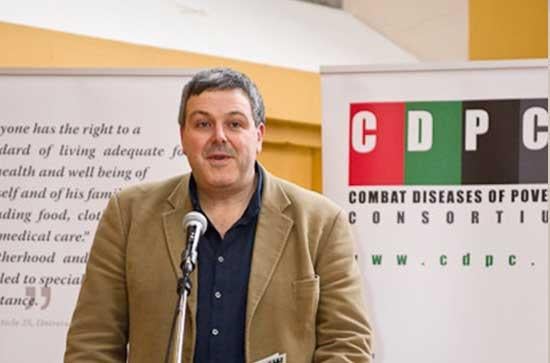
Academic
For current timetables and offered modules please see https://www.maynoothuniversity.ie/anthropology/timetables
Applications for postgraduate courses will open mid-October. Further information on how to apply for the course will be provided then. If you have any queries please contact [email protected].



